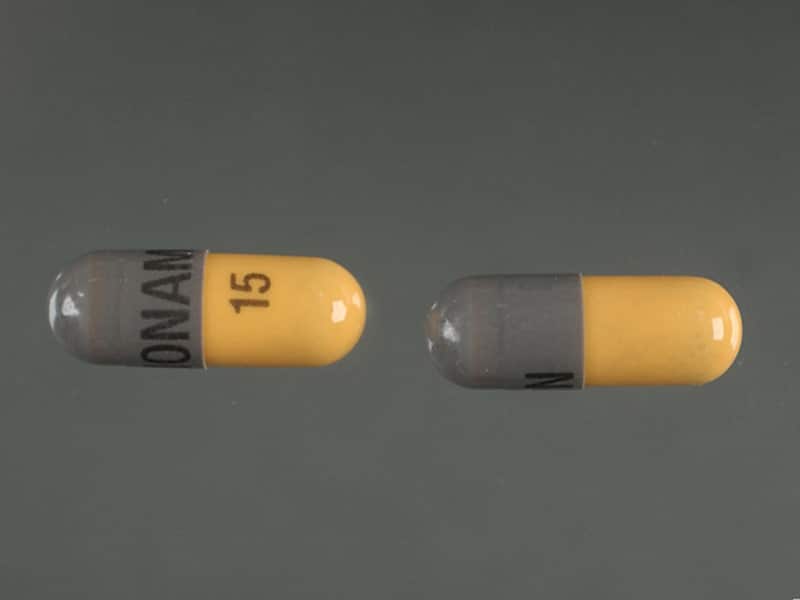What are Amphetamines (am·feh·tuh·meenz)?
Amphetamines are a class of drugs that are stimulants. Used to increase feelings of alertness and help users feel awake and focused, they are primarily prescribed to those with brain disorders including Attention Deficit Hyperactivity Disorder. Originally used in World War 2 as ‘go pills’ to help fight combat fatigue, today the medications are used for various disorders. In children, several different types of Amphetamines may be prescribed but for adults, the most common medication is Adderall, though numerous other drug options may exist as well that fall into this category. Some examples include:
- Ritalin
- Concerta
- Dexedrine
- Benzedrine
- Adderall
- Dextrostat
- Ecstasy, MDMA, Molly
Testing for amphetamines is included in just about every drug testing panel including the 10 panel drug test or 5 panel drug test. Your an order a test for amphetamines online.
However, while they are legally used by millions of people, there are also many who abuse drugs as well. Prescription amphetamines could be abused on their own, but illegal street drugs can also be used such as methamphetamine which is the ‘street’ version of these prescriptions and much more potent. Back in the seventies and eighties, the use of amphetamines was popular among young people. Speed or black beauties in a pill form were often used as a stimulant.
Use of Amphetamines
Over the years, Amphetamines have been used to treat numerous conditions. However, today it’s mainly used to combat hyperactivity problems and narcolepsy. In some rare instances, it may also be used to treat depression. The medication works by altering the way that the brain works, and in addition to helping with the conditions above it can also create feelings of euphoria. As such, abuse is very possible and the drugs can be highly addictive.
Once it begins to be abused, the drug quickly becomes addictive and it’s common for users to develop a dependence within a matter of as little as a few days. Prescription amphetamine addiction can also quickly lead to the abuse of methamphetamines and addiction to them as well. In all instances, abuse can lead to serious health issues, safety risks, and more. It can also have far-reaching consequences on the life of a user, sometimes leading to loss of employment, loss of friends, incarceration due to drug-related crimes, and more.

Effects of Amphetamine Use and Abuse
Amphetamine abuse can be very serious and have consequences throughout the entire life of an addict, impacting not only their physical health but also their social and mental health as well. Initial side effects can cause some discomfort, but when abuse begins it can quickly lead to other problems including exhaustion, an inability to sleep, paranoia, and more.
With amphetamine use, addicts may not use moderate amounts on a daily basis. It’s common for amphetamine users to use in a binge cycle, where the use the drug in large amounts for several days before stopping due to exhaustion and malnutrition. These cycles can lead to serious depression, anxiety, paranoia, and other issues. These symptoms can last for days until the person is able to catch up on their sleep and food.
Other signs of abuse include things like withdrawal from social settings, lying or stealing to get the drug, ignoring everything else in one’s life in order to get the drug, serious weight loss, major behavioral changes and mood swings, missed days at work or school, and more. These effects can lead to lost jobs, ruined careers, incarceration, and more. The use of the drug adds up quickly, leading to major life changes that can cause the addict to become even more depressed.
Symptoms of Amphetamine Use and Abuse
The side effects of using Amphetamines can vary from person to person and often include things like increased heart rate, nausea, stomach pain, headache, and more. However, these are mild for most patients and will go away over time. Abuse and addiction, however, has numerous effects that can suggest that a problem is present. While the user will be the one who notices physical side effects and symptoms, as the addiction goes on the user will begin to show various physical and behavioral signs that they are abusing drugs. These signs can be spotted by loved ones and often include things like:
- Insomnia
- Decreased appetite
- Serious weight loss
- Personality changes
- Loss of interest in social activities
- Singular focus on getting and using drugs
- Missing work or school
- Withdrawal from society
- Criminal behavior
- "Aged' appearance
- Mood swings
- Irritability
- Feelings of euphoria that are then followed by a massive drop in energy levels
If any of these signs are present, it’s a clear indicator that amphetamine abuse could be occurring. A drug test is the only way to 100% verify that drug abuse is occurring unless the patient themselves admits to it, but these warnings signs can help those around a user know more about what is happening.
Testing for Amphetamines
Amphetamines are included in the standard 5-panel drug test that is most commonly used by employers and others. More in-depth tests like 10 or 12-panel tests will also include amphetamines. How long amphetamines remain in the system will depend on several factors including metabolism, age, frequency and amount of use, size and weight, and other things. Additionally, the type of drug test used will also impact the length of time that the drugs can be detected. Amphetamine drug test can be ordered online.
In a standard urine test, the drug can be detected for between 1 and 3 days following the last use. Since amphetamines break down in the urine stream, they are present there longer than in blood, and blood tests will only detect the presence of amphetamines for between 10 and 12 hours after the last use of the drug – longer in cases of heavy, chronic users. A blood drug test is very expensive. Hair tests can detect Amphetamines for up to 90 days after the last use of the drug. Hair drug test for amphetamines can be ordered online.
Drug testing for amphetamines is very common due to the drugs’ ability to create major safety risks in virtually any workplace. Additionally, the fact that users often resort to criminal behavior in order to access the drugs means that employers use these drug screenings to protect themselves against theft and other dishonest activity. These drug screenings are also regularly used following an accident or workplace injury in order to ensure that the drugs are not responsible or potentially responsible for the accident.
There are many options to test for Amphetamines with National Drug Screening. You can order your test online or call our toll free phone #. The basic test that includes Amphetamines is the 5 panel urine drug test. This 5 panel test is also available with a hair specimen with up to 90 days as a look back period. Call today to order the hair specimen drug test to include Amphetamines – 866-843-4545.







